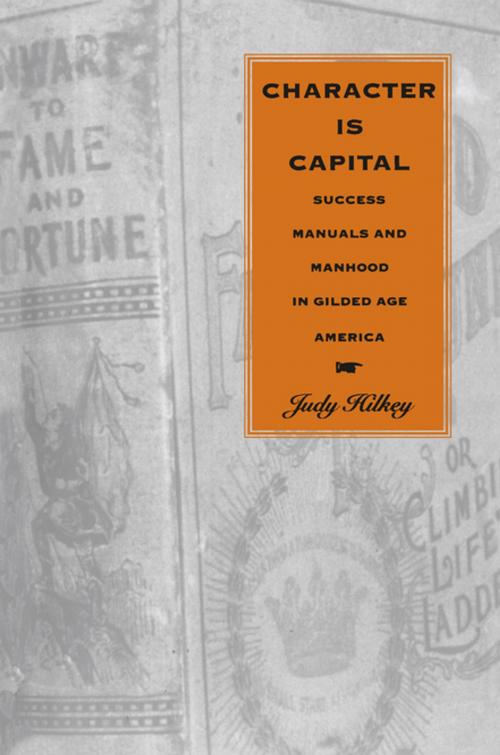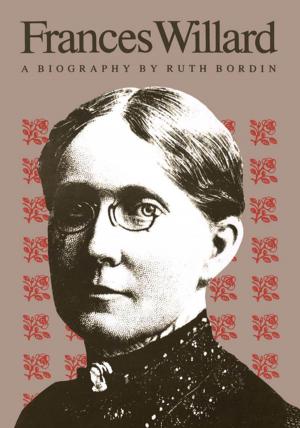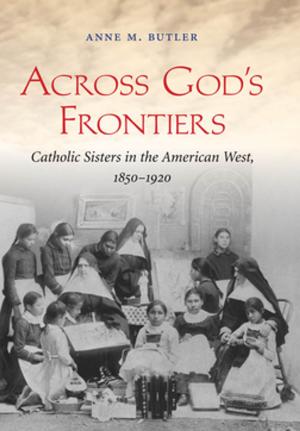Character Is Capital
Success Manuals and Manhood in Gilded Age America
Nonfiction, History, Americas, United States, 19th Century| Author: | Judy Hilkey | ISBN: | 9780807862032 |
| Publisher: | The University of North Carolina Press | Publication: | November 9, 2000 |
| Imprint: | The University of North Carolina Press | Language: | English |
| Author: | Judy Hilkey |
| ISBN: | 9780807862032 |
| Publisher: | The University of North Carolina Press |
| Publication: | November 9, 2000 |
| Imprint: | The University of North Carolina Press |
| Language: | English |
In late nineteenth-century America, a new type of book became commonplace in millions of homes across the country. Volumes sporting such titles as The Way to Win and Onward to Fame and Fortune promised to show young men how to succeed in life. But despite their upbeat titles, success manuals offered neither practical business advice nor a simple celebration of the American Dream. Instead, as Judy Hilkey reveals, they presented a dire picture of an uncertain new age, portraying life in the newly industrialized nation as a brutal struggle for survival, but arguing that adherence to old-fashioned virtues enabled any determined man to succeed. Hilkey offers a cultural history of success manuals and the industry that produced and marketed them. She examines the books' appearance, iconography, and intended audience--primarily native-born, rural and small-town men of modest means and education--and explores the genre's use of gendered language to equate manhood with success, femininity with failure. Ultimately, argues Hilkey, by articulating a worldview that helped legitimate the new social order to those most threatened by it, success manuals urged readers to accommodate themselves to the demands of life in the industrial age.
In late nineteenth-century America, a new type of book became commonplace in millions of homes across the country. Volumes sporting such titles as The Way to Win and Onward to Fame and Fortune promised to show young men how to succeed in life. But despite their upbeat titles, success manuals offered neither practical business advice nor a simple celebration of the American Dream. Instead, as Judy Hilkey reveals, they presented a dire picture of an uncertain new age, portraying life in the newly industrialized nation as a brutal struggle for survival, but arguing that adherence to old-fashioned virtues enabled any determined man to succeed. Hilkey offers a cultural history of success manuals and the industry that produced and marketed them. She examines the books' appearance, iconography, and intended audience--primarily native-born, rural and small-town men of modest means and education--and explores the genre's use of gendered language to equate manhood with success, femininity with failure. Ultimately, argues Hilkey, by articulating a worldview that helped legitimate the new social order to those most threatened by it, success manuals urged readers to accommodate themselves to the demands of life in the industrial age.















